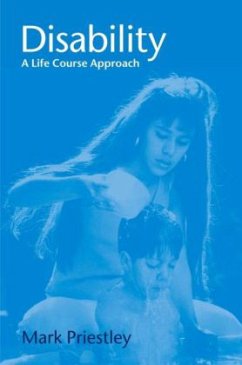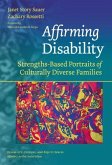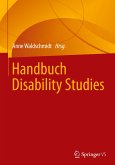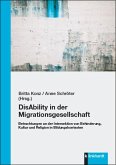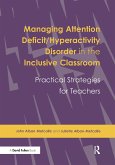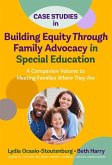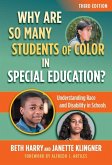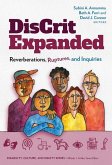Disability: a Life Course Approach provides students and teachers with easy access to many of the most important current disability issues and debates. It provides a clearly focused account, and bridges some important gaps in the existing disability literature by including issues relevant to disabled people of all ages. If offers a unique approach to understanding disabling societies in a systematic way, using a novel life course approach.
This book examines how contemporary societies organise and control generational boundaries and progression through the life course for disabled people. There are specific chapters on birthrights and eugenics, childhood, youth transitions, interdependence and adulthood, old age and death and dying. The emphasis is on contemporary policy and politics (located within a broader sociological and cultural context) including the claims and struggles of the disabled people s movement. The discussion is framed within a social model approach and draws extensively on contemporary international debates about the citizenship and human rights of disabled people.
The book functions both as a resource guide and as a tool for learning. The various chapters include reviews of existing literature and theoretical debates, alongside specific examples of disabling policies and practices in different countries. There are also case studies illustrating key issues, together with relevant discussion and teaching points, and suggestions for further research and reading.
The book addresses an international readership and will be of particular interest to students and teachers of disability studies, sociology, human development, social policy; to professionals and students within rehabilitation and social work; and to disabled people and lay readers with an interest in contemporary disability issues and debates.
Hinweis: Dieser Artikel kann nur an eine deutsche Lieferadresse ausgeliefert werden.
This book examines how contemporary societies organise and control generational boundaries and progression through the life course for disabled people. There are specific chapters on birthrights and eugenics, childhood, youth transitions, interdependence and adulthood, old age and death and dying. The emphasis is on contemporary policy and politics (located within a broader sociological and cultural context) including the claims and struggles of the disabled people s movement. The discussion is framed within a social model approach and draws extensively on contemporary international debates about the citizenship and human rights of disabled people.
The book functions both as a resource guide and as a tool for learning. The various chapters include reviews of existing literature and theoretical debates, alongside specific examples of disabling policies and practices in different countries. There are also case studies illustrating key issues, together with relevant discussion and teaching points, and suggestions for further research and reading.
The book addresses an international readership and will be of particular interest to students and teachers of disability studies, sociology, human development, social policy; to professionals and students within rehabilitation and social work; and to disabled people and lay readers with an interest in contemporary disability issues and debates.
Hinweis: Dieser Artikel kann nur an eine deutsche Lieferadresse ausgeliefert werden.
"Every now and again a book comes along that is both timely and useful. Priestley s Disability: A Life Course Approach is such a book...well researched and contains useful and interesting source materials for students...the book is important and should have wide appeal to students and academics in disability studies and related fields."
Sociology
Sociology

